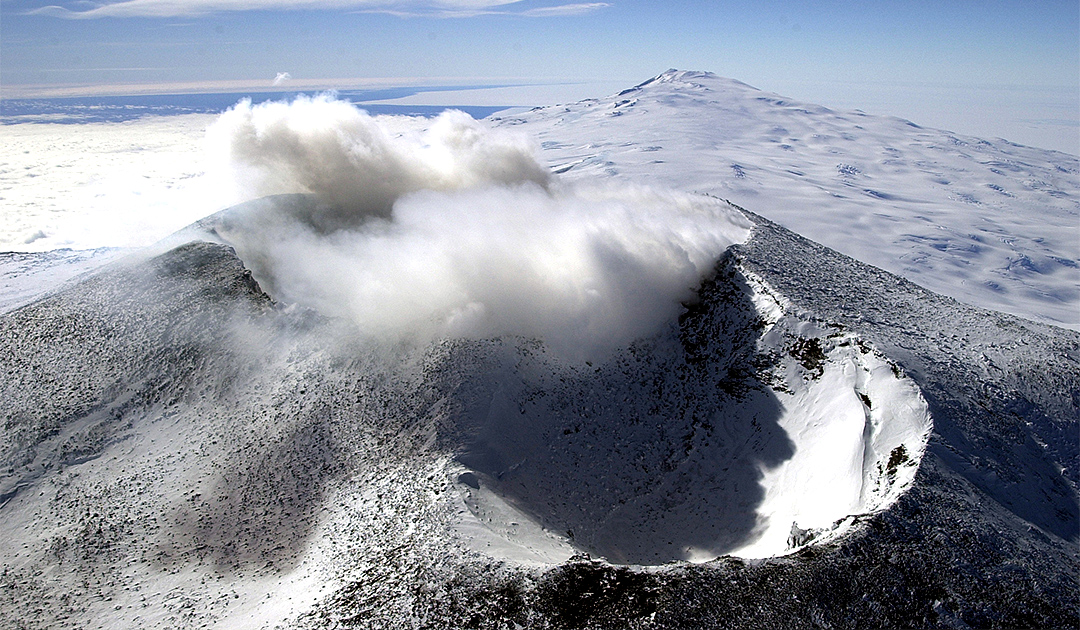
Mount Erebus blows USD 6,000 worth of gold into the air every day
The active volcano Mount Erebus spews 6,000 US dollars worth of gold dust into the air every day, NASA’s Earth Observatory has announced

The active volcano Mount Erebus spews 6,000 US dollars worth of gold dust into the air every day, NASA’s Earth Observatory has announced
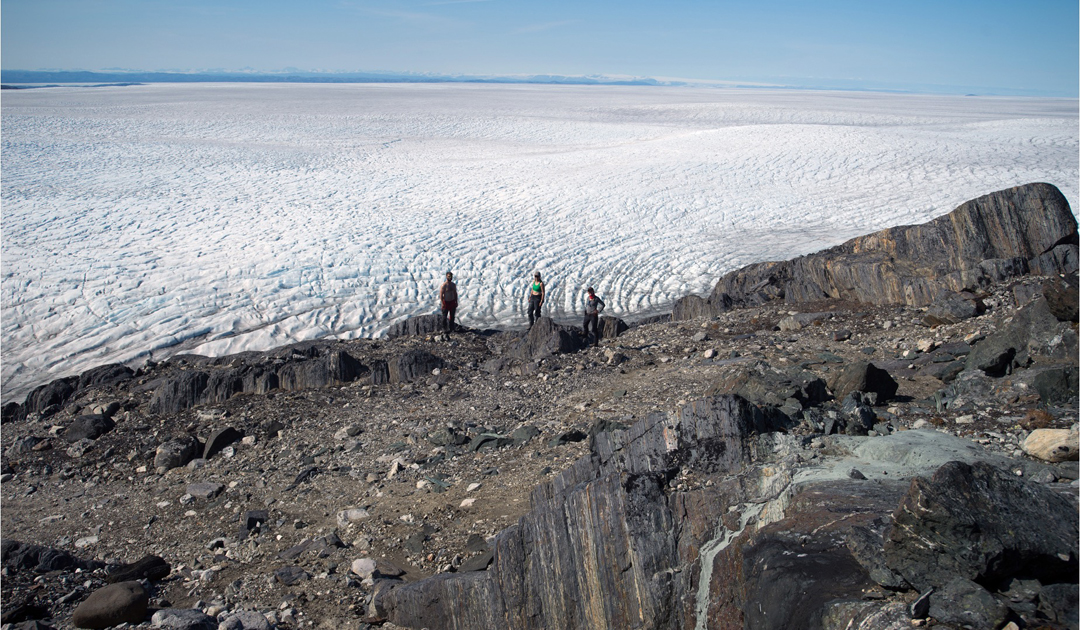
3.7 billion years ago, the Earth may already have had a magnetic field, according to a study published this week based on ancient rocks from Greenland.
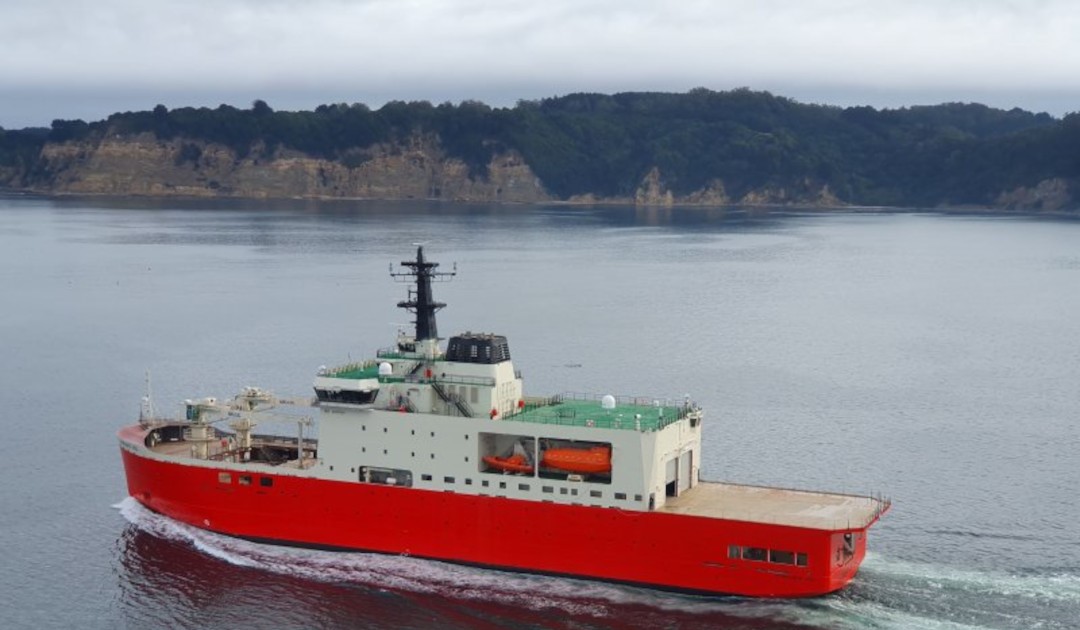
The long-awaited “Almirante Viel”, the second Antarctic vessel of the same name, is making her first tack in the South Pacific before embarking on ambitious logistical and scientific programmes.
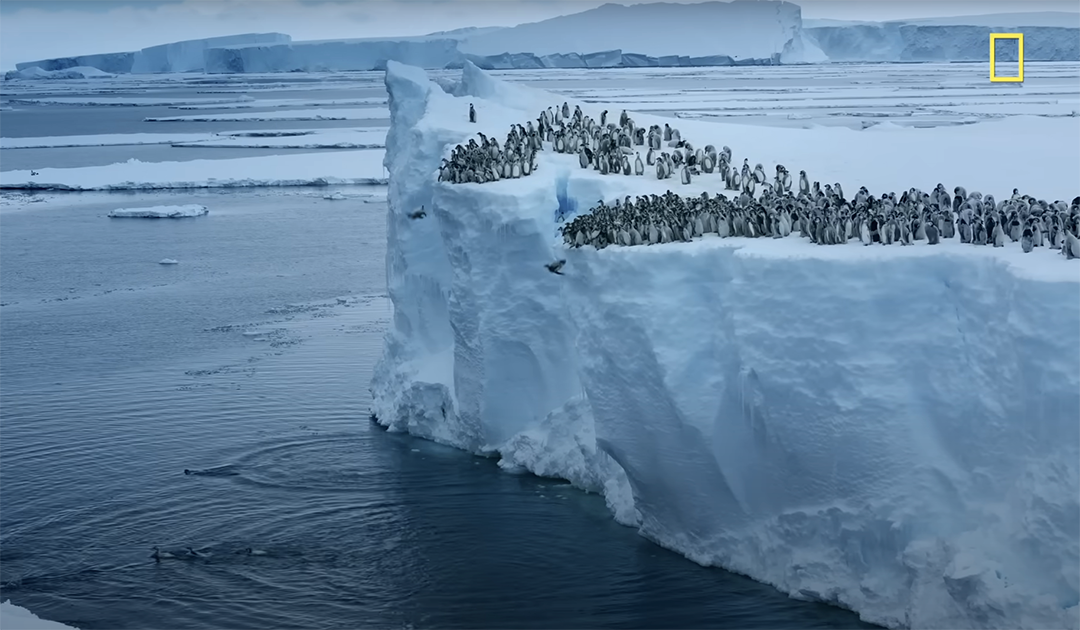
Documentary filmmaker Bertie Gregory was the first to capture the bold leaps of Emperor penguin chicks from high ice cliffs in unique drone footage for National Geographic.
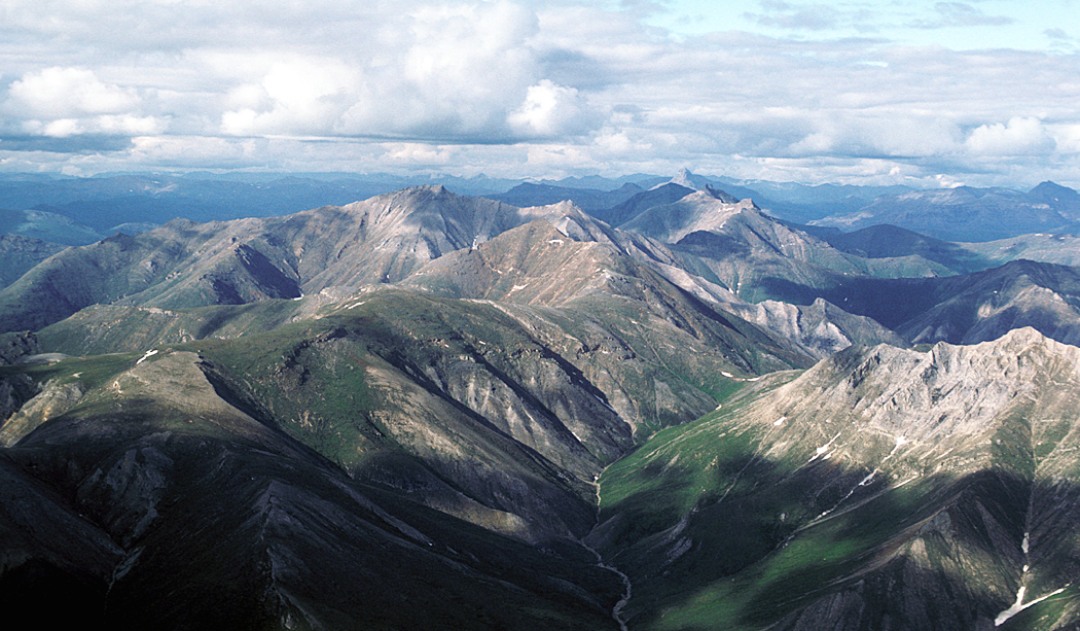
The proposed road in North Alaska poses a tough question to president Joe Biden’s environmental agenda: is wilderness protection more important than the green transition?
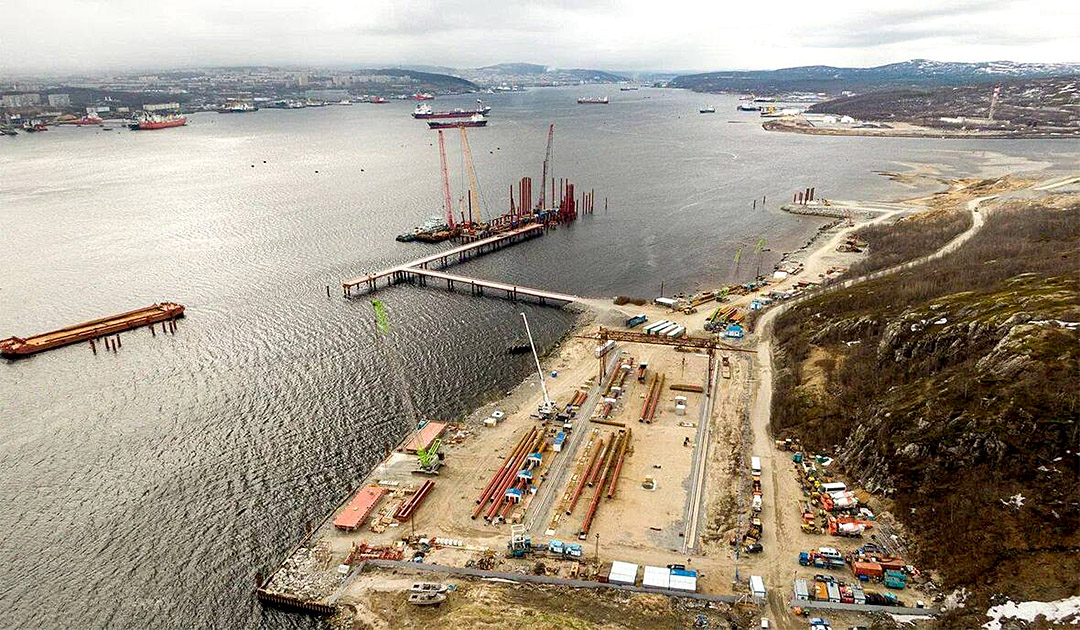
A port for bulk cargo for the handling of Belarusian goods, including potash fertilizers, is to be built in the Murmansk region.
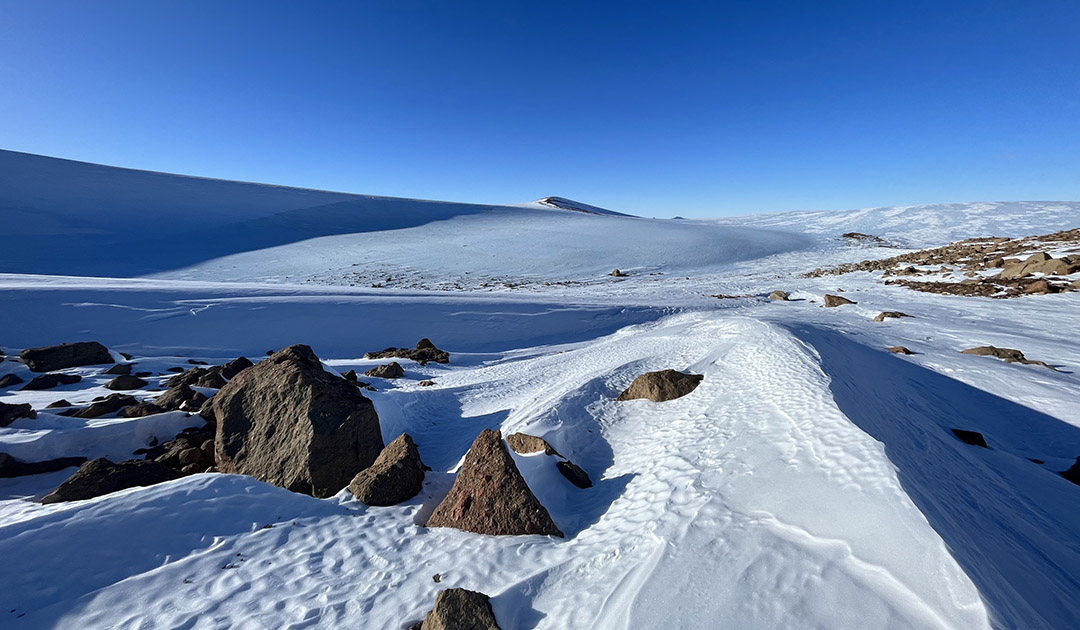
The record for the oldest ice found in Antarctica has been broken by a US research team: In the Allan Hills, they discovered 4.6 million-year-old ice from before the ice age.
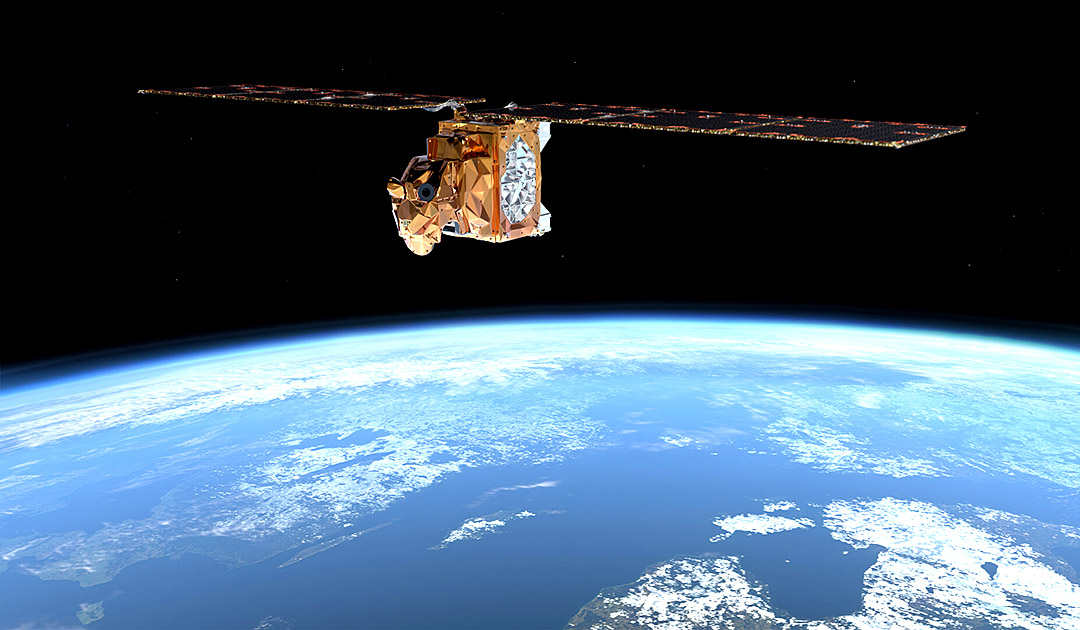
The European Space Agency (ESA) announced that it will launch a satellite in June 2024 to improve weather forecasting in the Arctic.
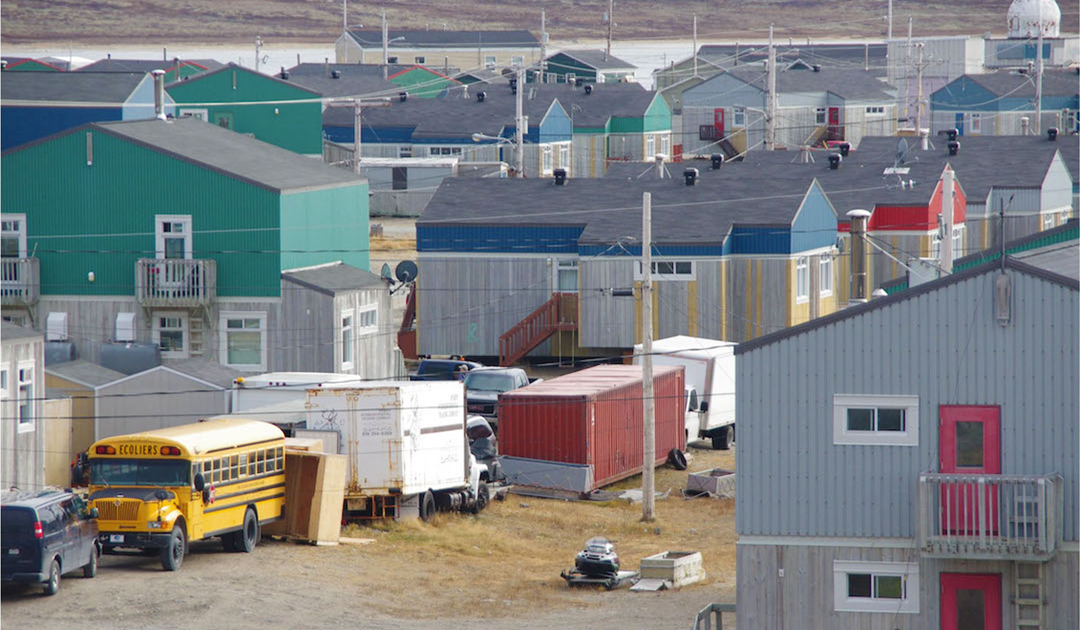
Nunavik has recently published its first climate change adaptation strategy, with the aim of enabling the territory to meet the challenges posed by global warming.
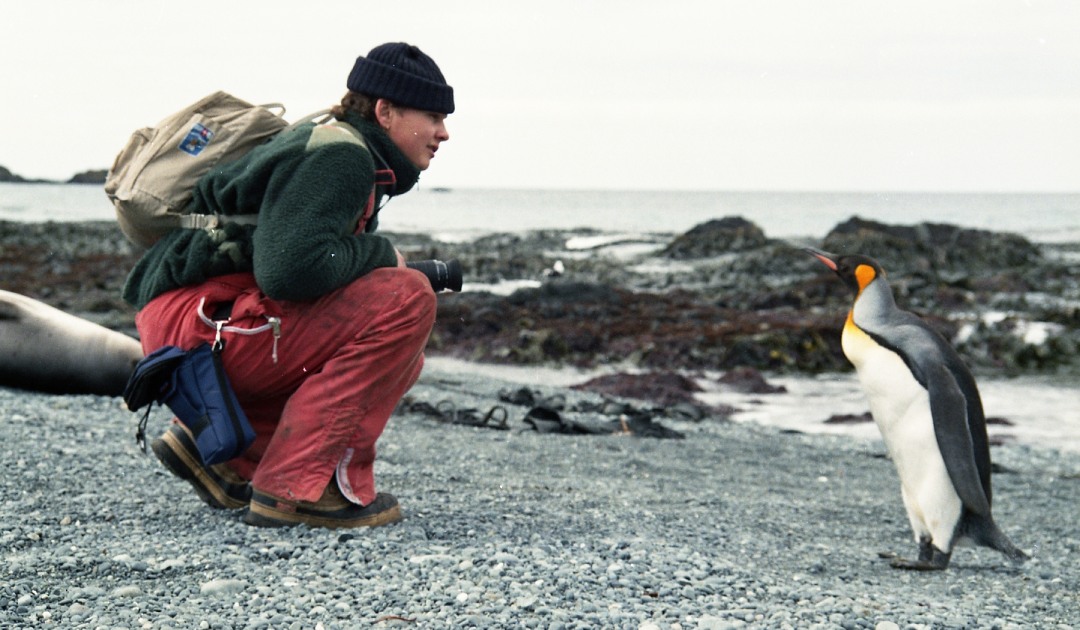
Rasmus Nygaard was aboard the MV Nella Dan when it ran aground by Macquarie Island in 1987.
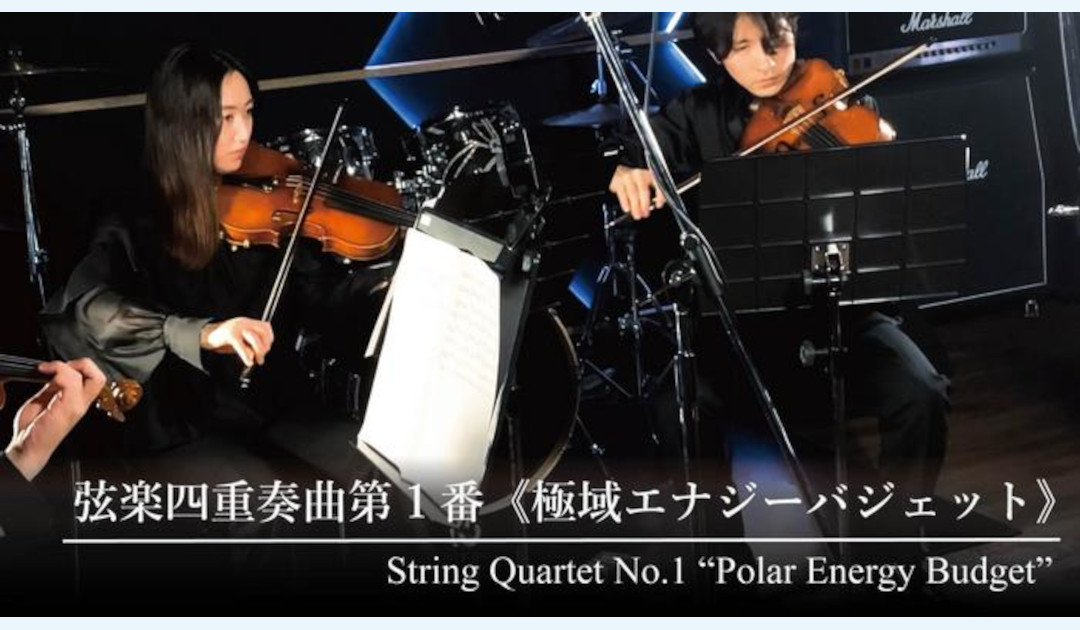
Physicist Hiroto Nagai composes music using environmental data from the polar regions.
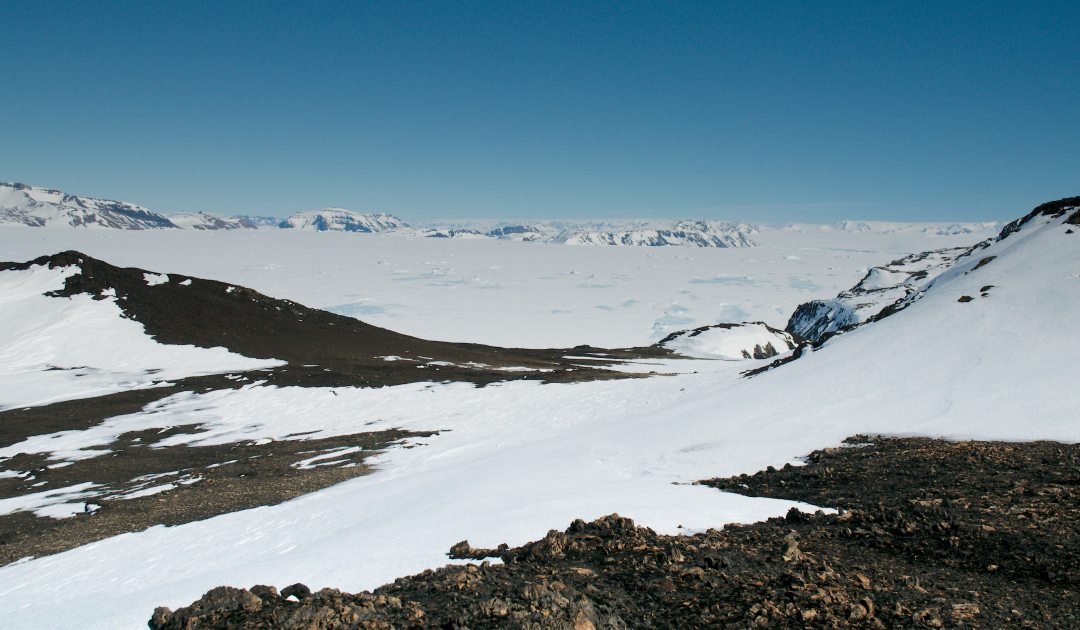
This time, the focus of the review is not on Antarctic sea ice, but on previously neglected Antarctic underwater currents and the topography beneath the largest ice shelf.
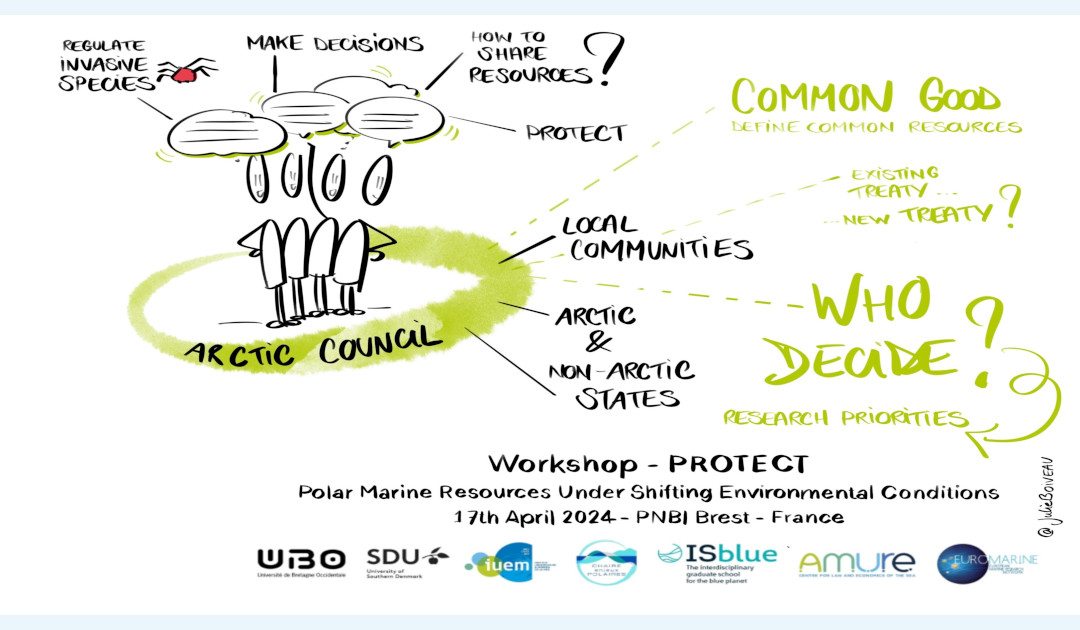
This week in Brest, a meeting of researchers shows that the scientific community is rethinking its approach to polar issues.
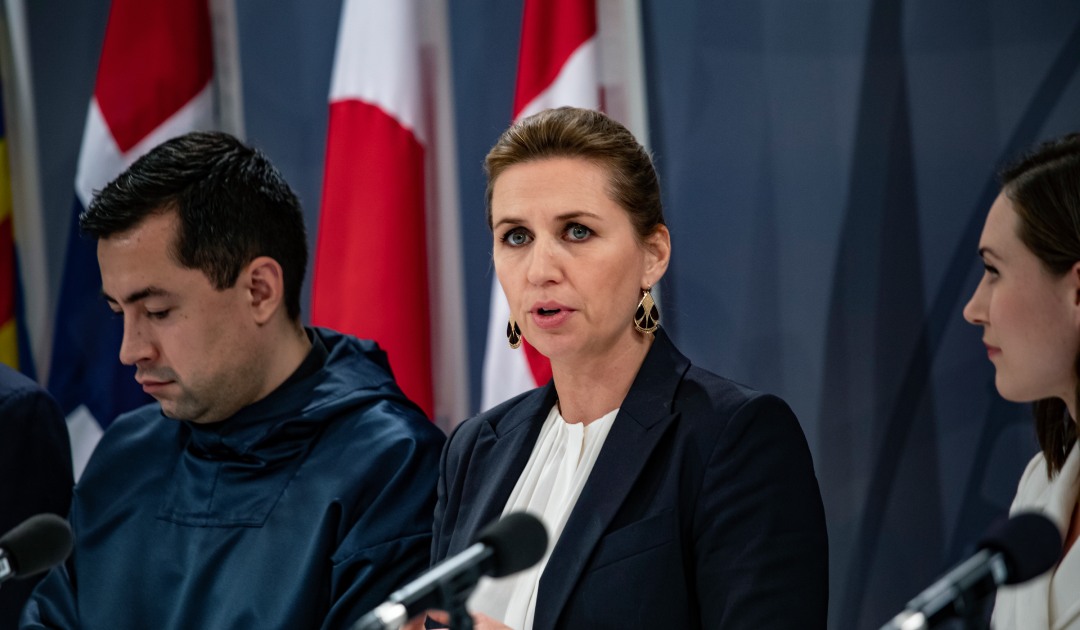
Greenland threatens to leave the Nordic Council if they are not accepted as a full member.

The death last week in France of the priest accused of pedophilia, Joannès Rivoire, brings to an end three decades of legal proceedings. He had been accused since 1993 of having sexually abused Inuit children.

After detailed observations of waves in the Southern Ocean, wind was identified as the main cause of the formation of rogue waves.
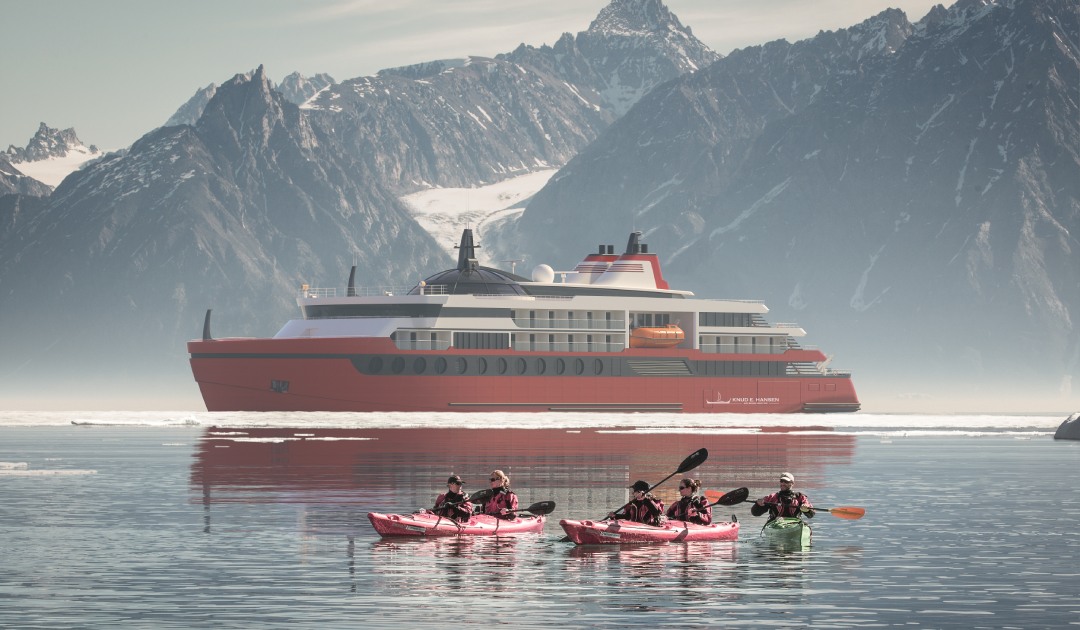
The Arctic Ocean is opening up, and the company KNUD E. HANSEN is busy designing the vessels that will sail it.
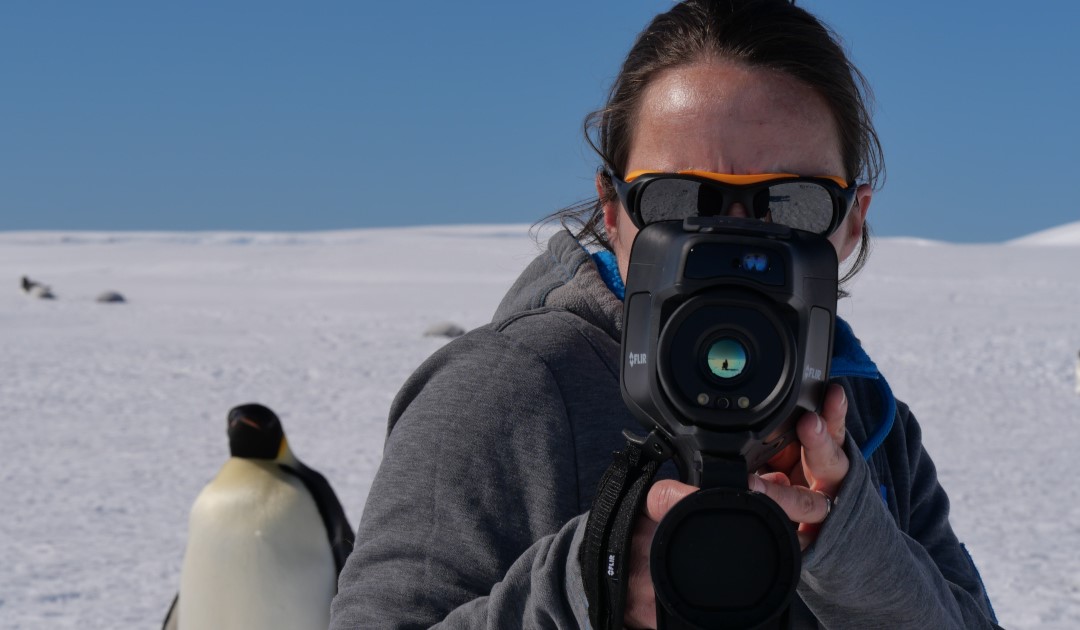
How can we distinguish between calls of recognition and those of distress in a dense penguin breeding colony? The answer lies in the infrared radiation of these animals.
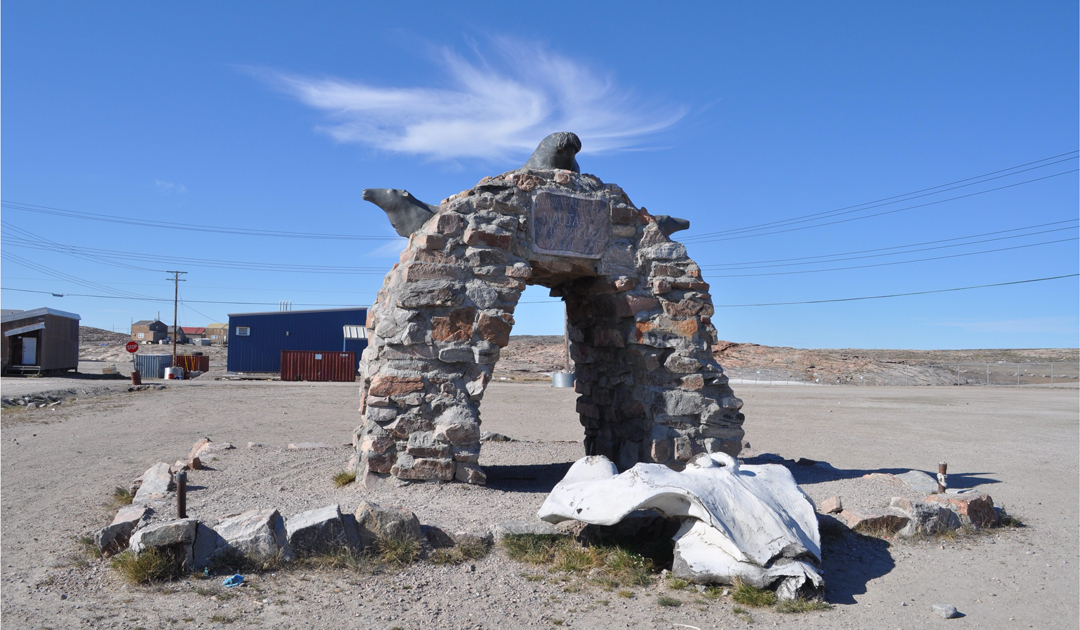
Tuberculosis epidemics are currently affecting Nunavut. Between an official visit and budgetary issues, the fight against this disease continues in a region that still has extremely high rates.
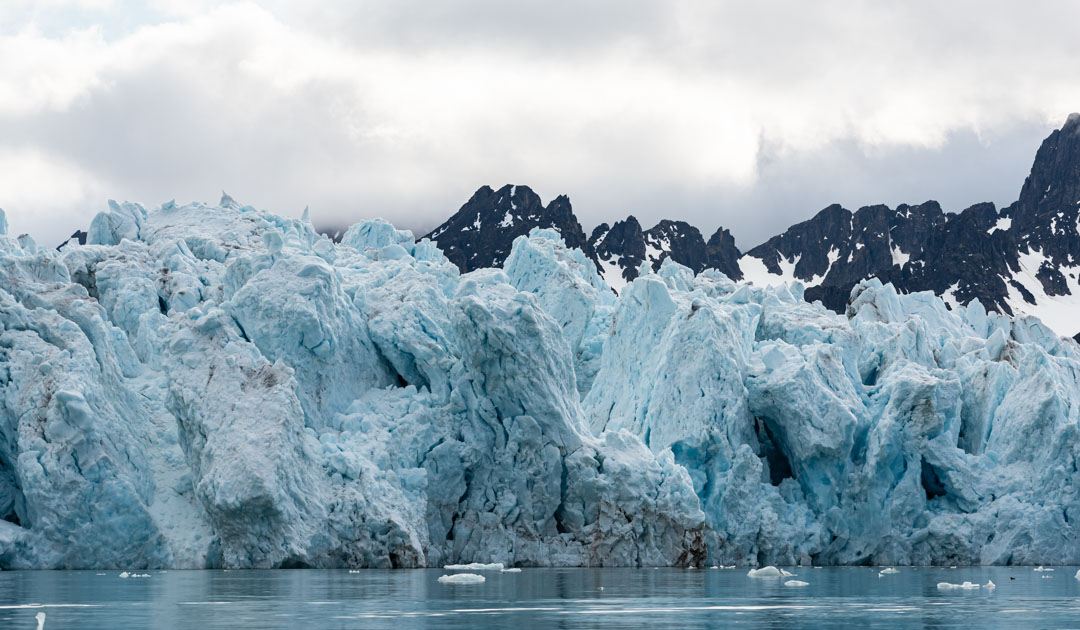
A research team developed a novel deep learning model that made it possible to create a high-resolution data set of 149 marine-terminating glaciers on Svalbard.
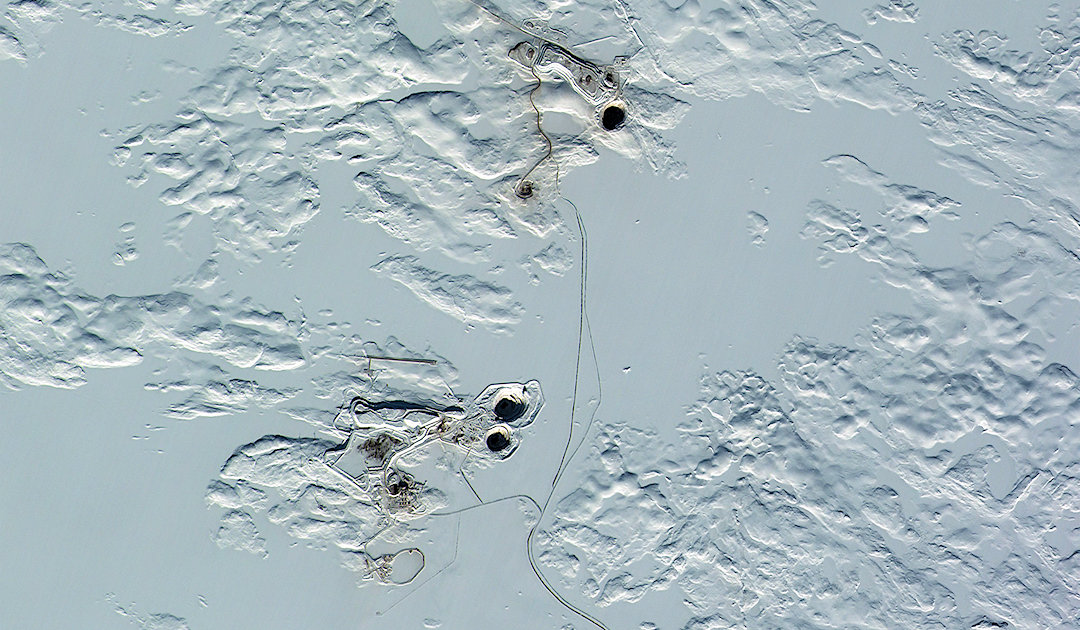
The open-pit mining of raw materials in the Canadian Arctic is not only tearing huge holes in the landscape, but also in society if it is discontinued.
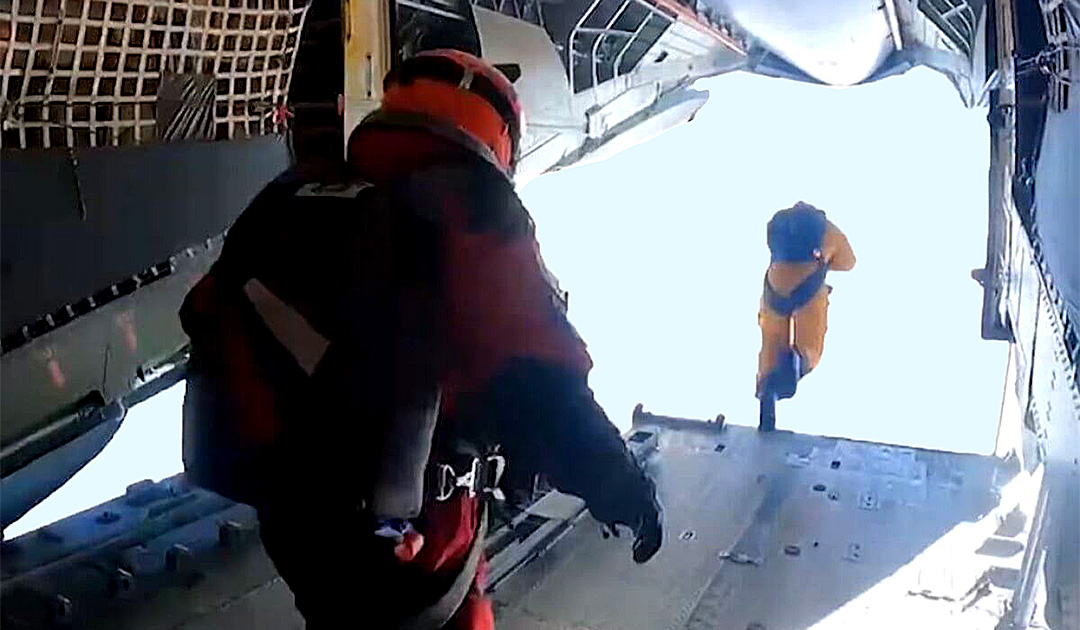
On Russian Space Day, 12 April 2024, cosmonaut Mikhail Kornienko and his companions, flight instructor Alexander Lynnik and Denis Efremov, jumped from 10,000 meters above the North Pole to the ice camp Barneo North Pole.
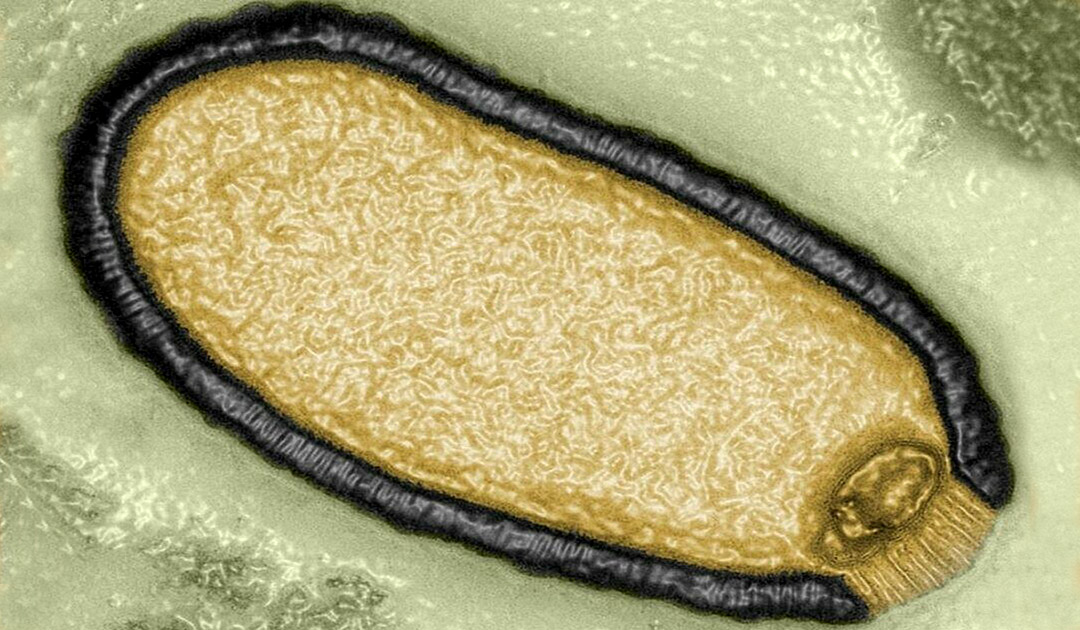
Scientists warn of ancient “zombie viruses” frozen in the Arctic permafrost. These viruses could trigger serious disease outbreaks when temperatures rise.
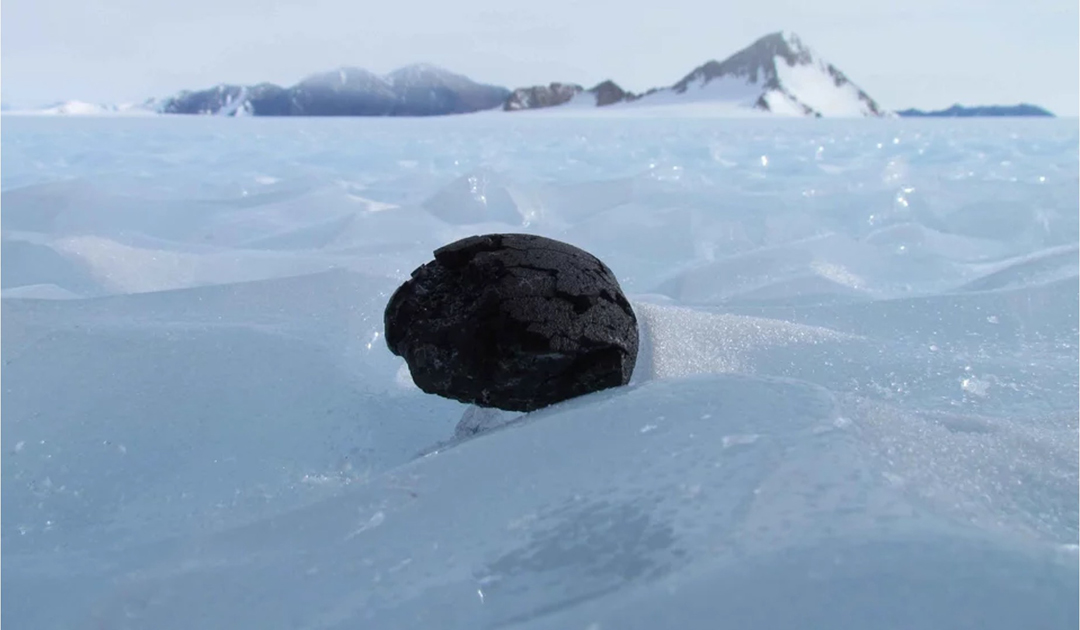
In Antarctica, meteorites are threatened by global warming. A situation that could cause valuable information from outer space to disappear forever.